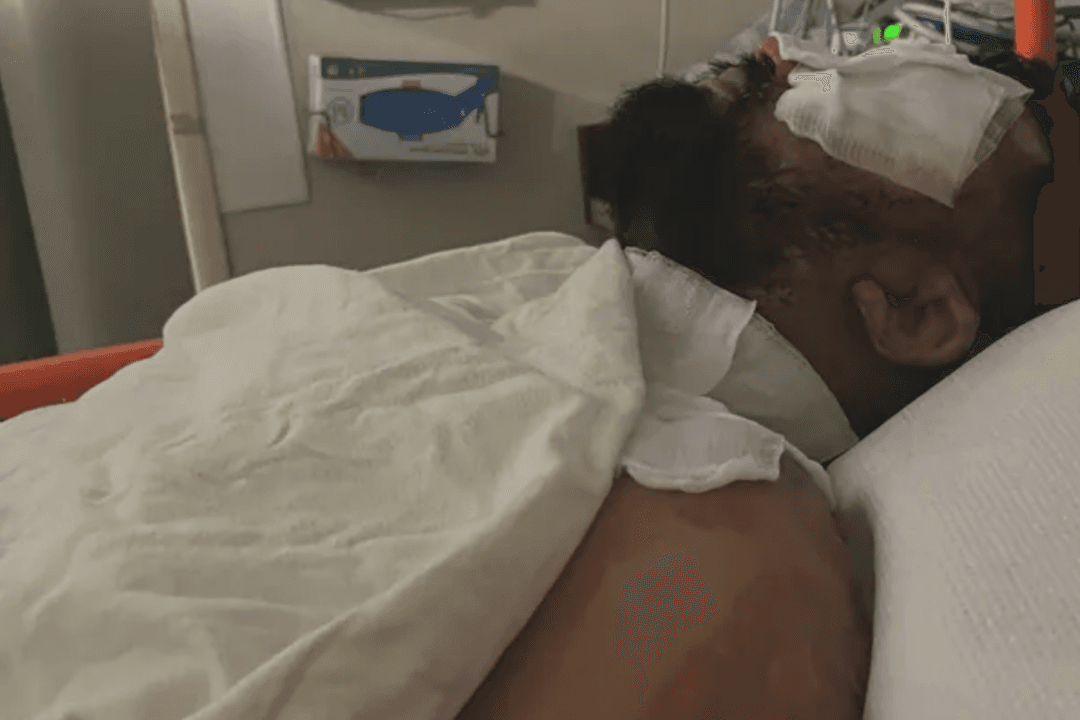Three churches in California are exercising their religious freedom—a federal court ruled—and no longer have to cover abortion services through health care plans for employees, as of Aug. 25.
U.S. District Court Chief Judge Kimberly Mueller of the Eastern District of California ruled in favor of the three churches—Foothill Church in Glendora, Calvary Chapel Chino Hills in Chino, and Shepherd of the Hills Church in Porter Ranch—which could potentially lead other religious groups and agencies to exclude such health care coverage by exercising religious freedom guaranteed under First Amendment to the U.S. Constitution.
Beginning in 2014, the California Department of Managed Health Care ordered companies to cover abortion procedures when providing healthcare coverage to employees. However, some churches felt this interfered with their religious beliefs that oppose abortion as morally wrong.
The churches asked that abortion be covered only if the life of the mother was at stake and it was necessary to save her life.In 2015, the three churches filed complaints against the state department, claiming they have a right to be exempt from the state policy requiring abortion services as part of basic health care coverage.
In 2019, the district court dismissed their complaint. The churches appealed to the Ninth Circuit Court of Appeals, which kicked the case back to the district court in 2021 for reconsideration.
The Ninth Circuit Court of Appeals acted in response to last year’s court ruling in Fulton v. City of Philadelphia, Pennsylvania —also a religious-freedom case. Philadelphia contracts with Catholic Social Services, to certify foster families but later threatened to stop working with the agency because it refused to certify unmarried and same-sex couples. The court ruled in favor of the agency, saying the city violated the free exercise clause of the First Amendment.
When the California case was finally being reconsidered, the three churches cited the free exercise clause in the First Amendment to the Constitution, “Congress shall make no law … prohibiting the free exercise [of religion].”
Meanwhile, the director of the state Department of Managed Health Care, Mary Watanabe, listed reasons for denying the plaintiffs’ exemptions based on the equal protection clause, which says no government can deny a group of people’s equal rights and protection under its laws. She also argued that they can only accommodate religious exemption requests from a health care plan, instead of an employer, according to the court order.
According to the state, the policy also prevents “a flood of exemption requests” from over 26 million employers who might disagree with the covered-care services provided by their plan.
However, the court ruled, “None of these interests are sufficiently compelling, nor is the department’s rigid approach narrowly tailored.”
The state department is considering its next steps following the court ruling and had no further comment at this point, according to its spokesperson.
Calvary Chapel Chino Hills staff were happy that U.S. District Court Chief Judge Kimberly Mueller ruled in favor of the churches, arguing the state’s mandate violated their First Amendment rights.“Despite the unreasonable mandate, it never changed what Calvary Chapel Chino Hills has always done, and will always do, be a defender of the unborn child who is constantly under assault by the State of California,” Staff member Gina Gleason from Calvary Chapel Chino Hills told The Epoch Times.
Since the court order, the churches and the state have been instructed to file briefs on the scope of relief, which are due within 30 days.
Foothill Church and Shepherd of the Hills Church did not respond to requests for comment. A spokesperson for Mueller did not provide comments on the case.




